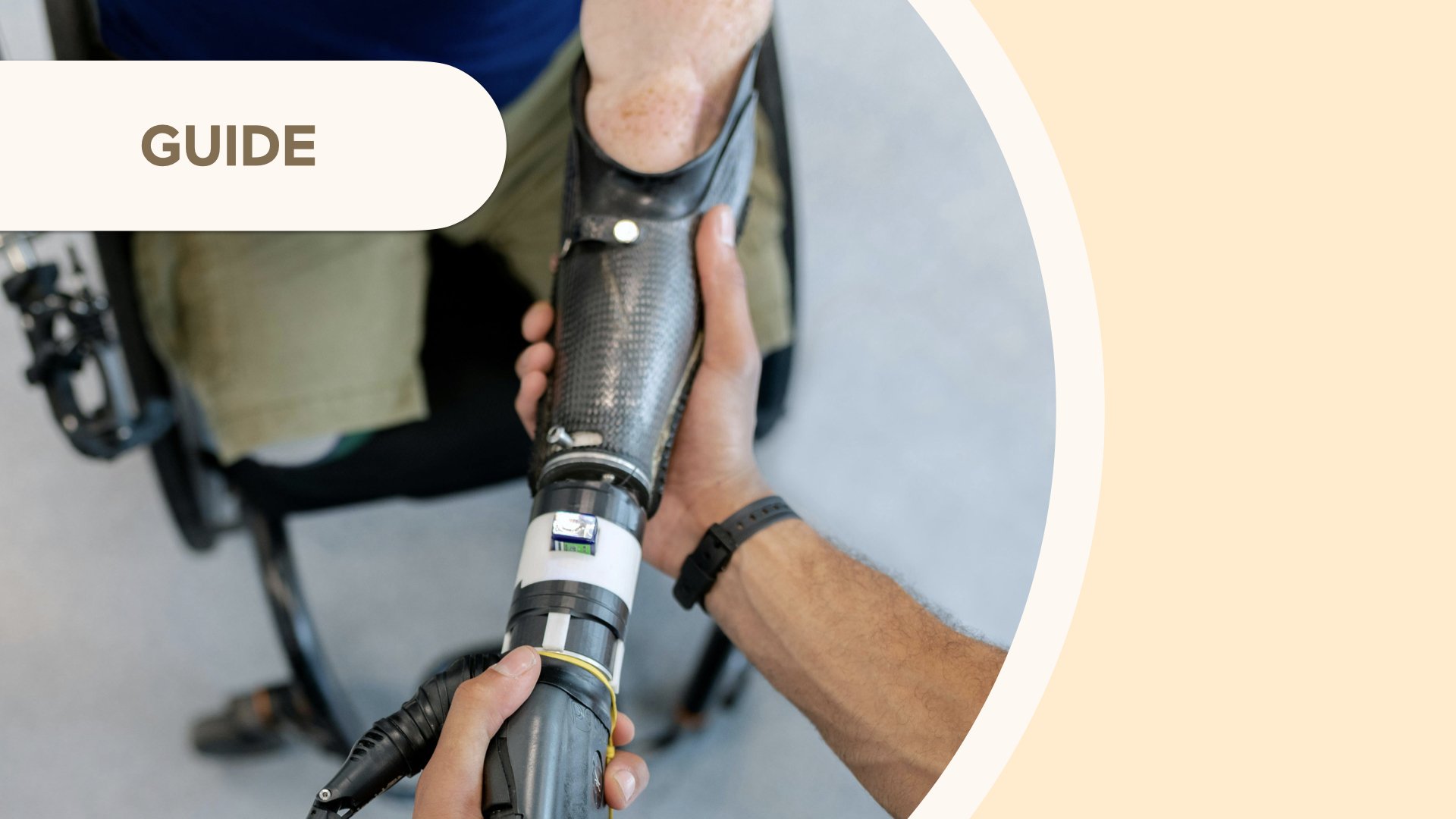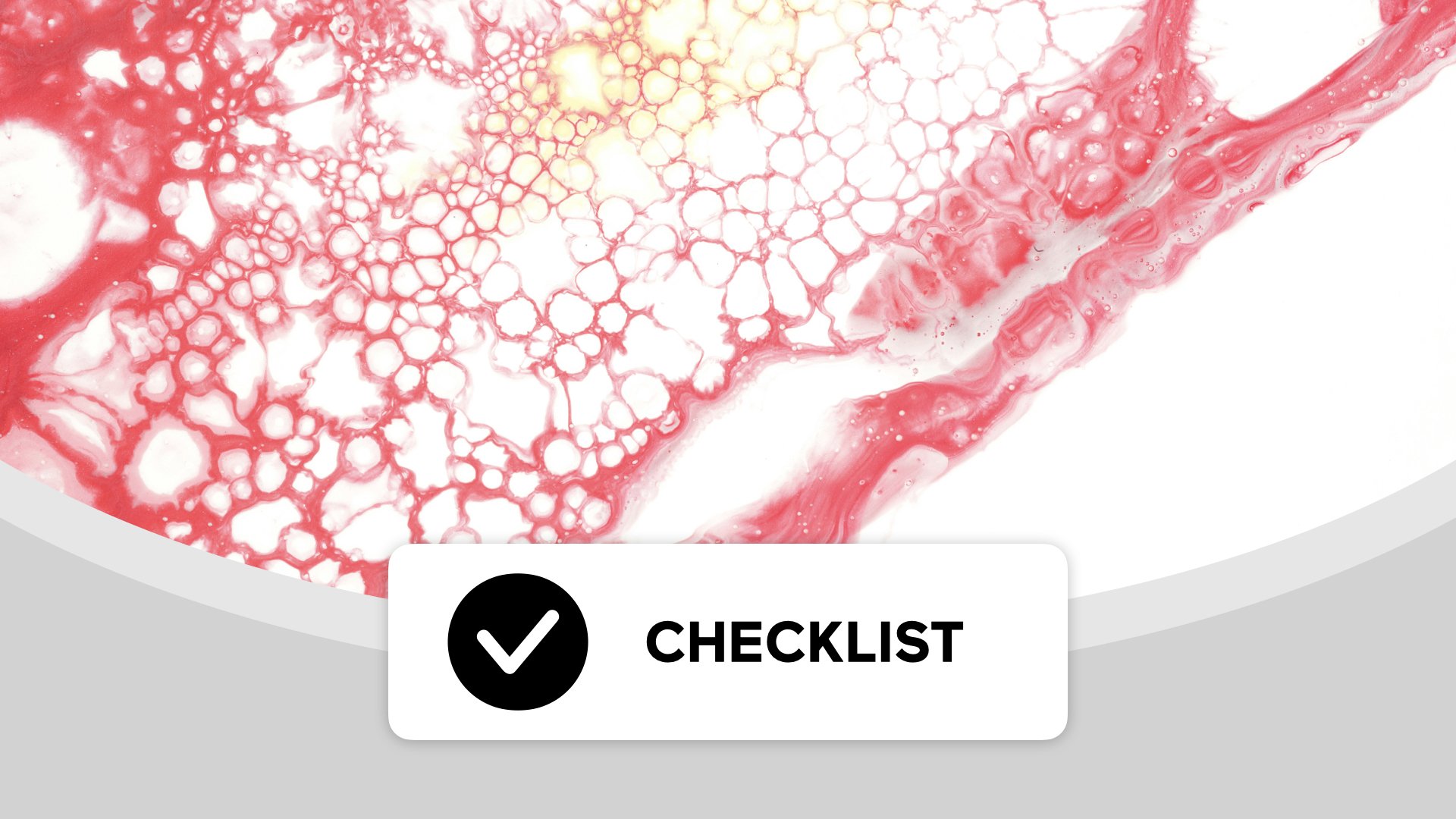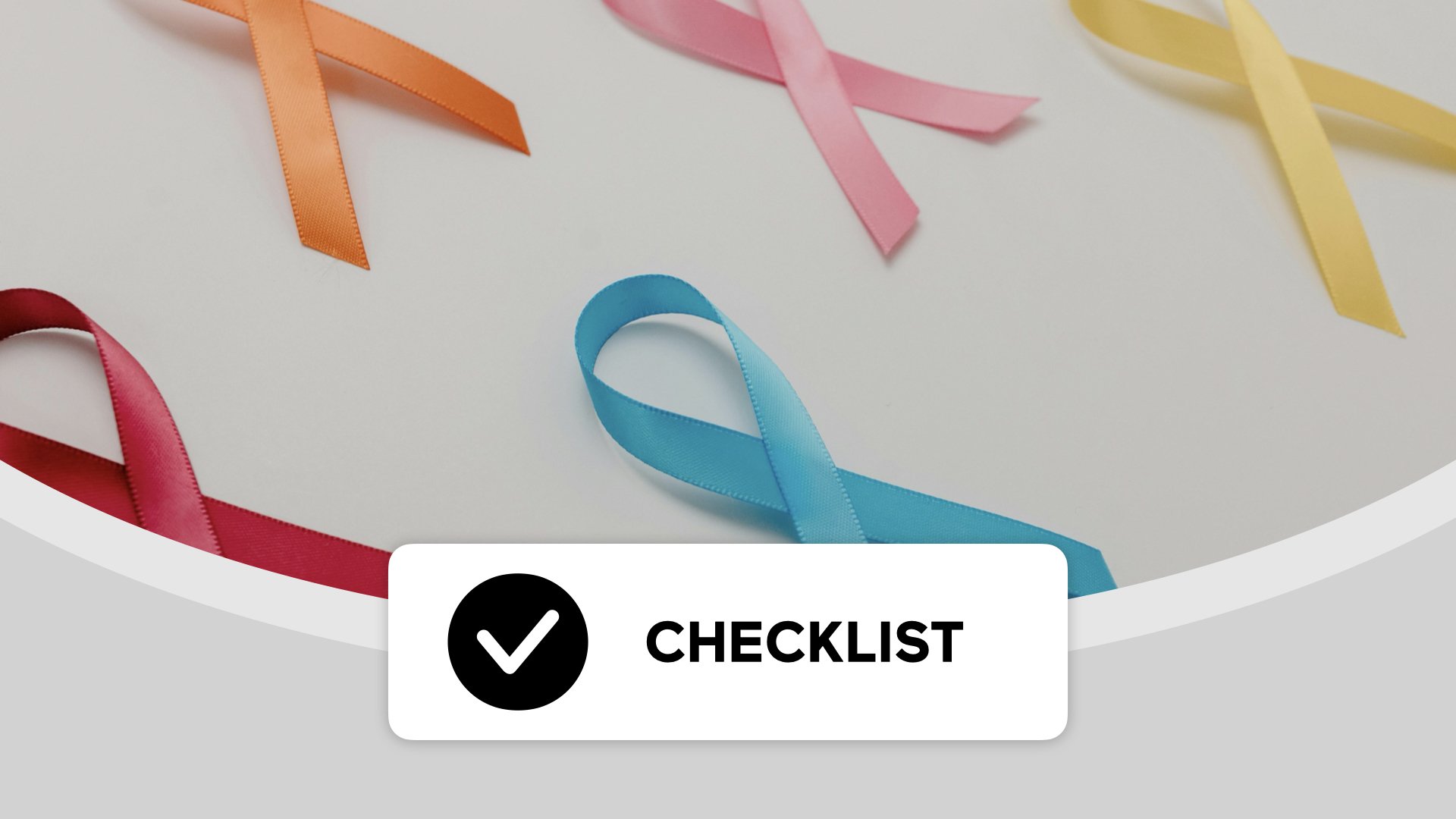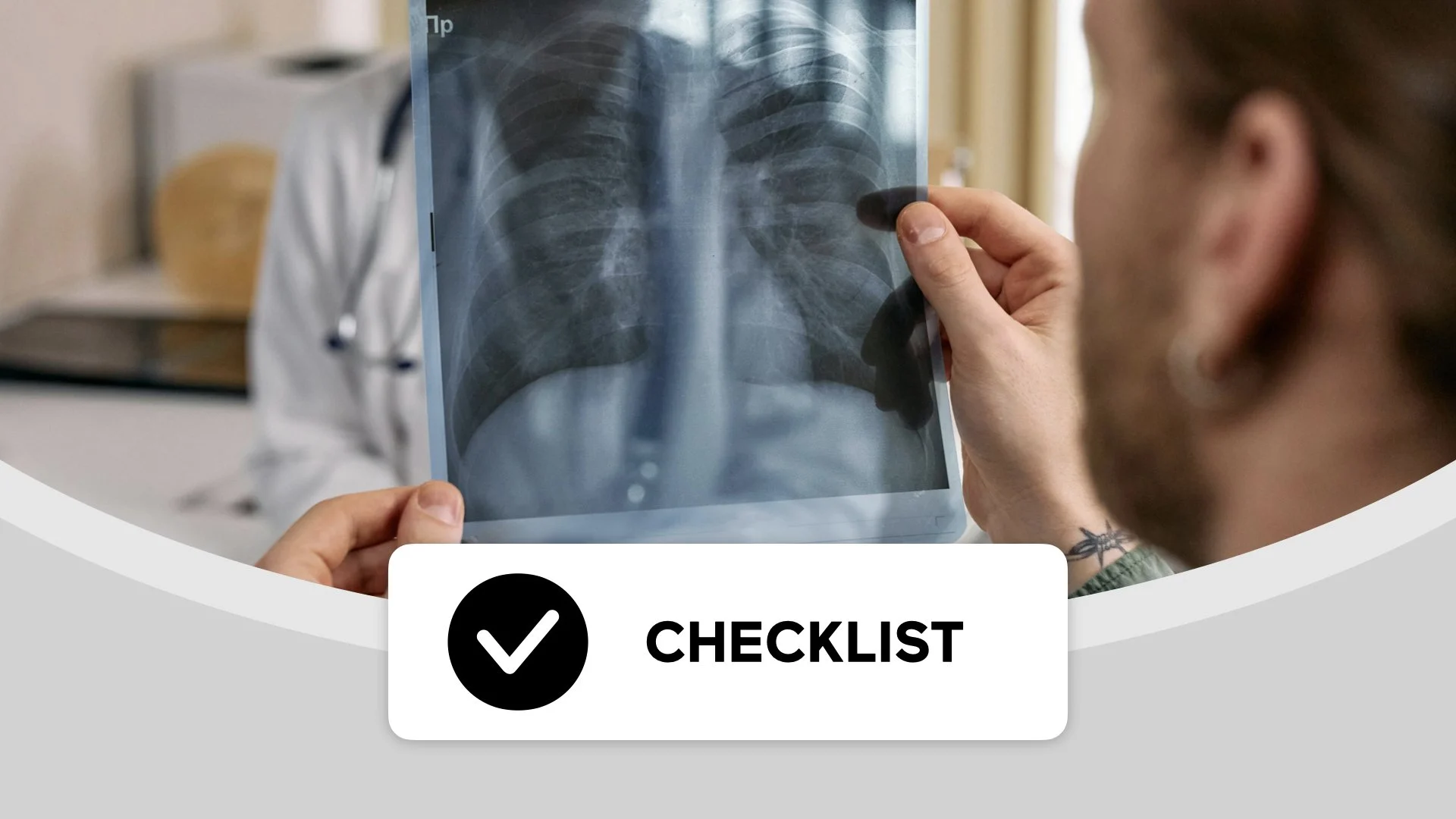Multiple Sclerosis (MS) is a chronic neurological condition that affects the Central Nervous System (CNS), leading to a range of physical and cognitive symptoms.
Multiple Sclerosis (MS) is a chronic neurological disorder that can lead to sudden and severe complications.
Amputation emergencies can occur due to traumatic injuries, infections, or complications from existing conditions.
Amputation is the surgical removal of a limb or extremity due to injury, disease, or congenital conditions.
Vision loss emergencies require immediate attention to prevent permanent damage and ensure the safety of individuals affected.
Vision loss can significantly impact a person’s daily life, independence, and emotional well-being.
Hearing loss can sometimes lead to emergency situations requiring immediate attention.
Hearing loss is a common condition that can affect individuals of all ages. It can impact communication, relationships, and overall quality of life.
Injuries can vary widely in severity, from minor cuts and bruises that require basic first aid to critical trauma demanding immediate medical intervention.
Injuries are a common part of life, ranging from minor cuts and bruises to severe trauma requiring medical attention.
Spinal disorders can lead to medical emergencies that require immediate attention.
Spinal disorders encompass a wide range of conditions affecting the structure and function of the spine.
While dyslexia itself is not a medical emergency, certain challenges associated with dyslexia can create crisis situations, particularly in academic settings or emotional well-being.
Dyslexia is a common learning disability that affects reading, writing, and spelling. It is not related to intelligence but rather to differences in how the brain processes language.
Down Syndrome is a genetic condition that affects physical and cognitive development.
Down syndrome is a genetic condition that can affect intellectual development, physical growth, and overall health with varying severity.
Autism Spectrum Disorder (ASD) presents unique challenges, and in some cases, emergencies may arise that require immediate intervention.
Autism Spectrum Disorder (ASD) is a neurodevelopmental condition that affects communication, behavior, and social interaction.
Migraine disorder can sometimes lead to severe and unexpected emergencies that require urgent attention.
Migraine disorder is a neurological condition that causes recurring, intense headaches, often accompanied by other debilitating symptoms.
Social Anxiety Disorder (SAD) can sometimes escalate into crisis situations that require immediate attention.
Social Anxiety Disorder (SAD) is a mental health condition that causes intense fear and anxiety in social situations.
While most concussions are mild and recoverable, some cases can lead to serious emergencies requiring immediate medical attention.
A concussion is a traumatic brain injury (TBI) caused by a blow, bump, or jolt to the head. While concussions can vary in severity, many are minor.
Postpartum depression (PPD) can sometimes escalate into crisis situations requiring immediate intervention.
Postpartum depression (PPD) is a serious mental health condition that can affect new mothers after childbirth.
Bipolar disorder is a mental health condition characterized by extreme mood swings that include emotional highs (mania or hypomania) and lows (depression).
Bipolar disorder can sometimes lead to crisis situations that require immediate attention.
Addiction is a complex disease that affects millions of individuals and their families worldwide.
Sickle Cell Disease (SCD) is a chronic condition that affects the red blood cells, leading to a range of potential complications.
Find a comprehensive checklist, including severe relapses, acute respiratory issues, severe spasticity or muscle stiffness, and more.
Find a comprehensive checklist, including traumatic limb loss, severe infections, uncontrolled bleeding, blood clots, and more.
Find a comprehensive checklist, including recognize vision loss emergencies, address eye trauma quickly, seek emergency medical care, and more.
Find a comprehensive checklist, including sudden sensorineural hearing loss (SSHL), severe ear infections, head or ear trauma, foreign object in the ear, and more.
Find a comprehensive checklist, including congenital heart defects, respiratory infections, seizures, choking hazards, gastrointestinal issues, and more.
Find a comprehensive checklist, including severe panic attacks, extreme avoidance and isolation, suicidal thoughts or self-harm, suicidal thoughts or self-harm, substance abuse crises, and more.
Find a comprehensive checklist, including loss of consciousness, persistent vomiting, severe headache, seizures, and more.
Find a comprehensive checklist, including suicidal thoughts or suicide attempts, psychotic symptoms (postpartum psychosis), neglect or harm to the baby, and more.
Find a comprehensive checklist, including recognize common panic disorder emergencies, respond to severe panic attacks, manage hyperventilation crisis, and more.
Find a comprehensive checklist, including spinal cord compression, severe herniated disc, cauda equina syndrome, spinal fractures, and more.
Find a comprehensive checklist, including recognize common addiction emergencies, respond to overdose, address severe withdrawal symptoms, and more.
Find a comprehensive checklist, including recognize common emergencies, respond to severe or self-injurious tics, address tic attacks and sudden loss of control, and more.
Find a comprehensive checklist, including recognize common emergencies, respond to falls and mobility issues, address choking and swallowing difficulties, and more.
Find a comprehensive checklist, including recognize common emergencies in sickle cell disease, respond to sickle cell crisis, address acute chest syndrome, and more.
Find a comprehensive checklist, including recognize common liver disease emergencies, respond to acute liver failure, address bleeding or bruising easily, and more.
Find a comprehensive checklist, including recognize common emergencies, respond to thyroid storm, address severe tachycardia, and more.
Find a comprehensive checklist, including recognize common emergencies, respond to myxedema coma, address hypothermia, and more.
Find a comprehensive checklist, including recognize common emergencies, monitor respiratory health and more.
Understanding Congenital Heart Disease
Congenital Heart Disease (CHD) refers to a range of heart defects that are present at birth.
Emergencies: For Individuals with Congenital Heart Disease
Congenital Heart Disease (CHD) refers to a range of structural heart defects that are present at birth, affecting the heart’s normal function.
Checklist: Supporting Your Family Member with Congenital Heart Disease
Find a comprehensive checklist, including understand congenital heart disease, recognize emergency signs, create a safety plan, list emergency contacts, and more.






































































































